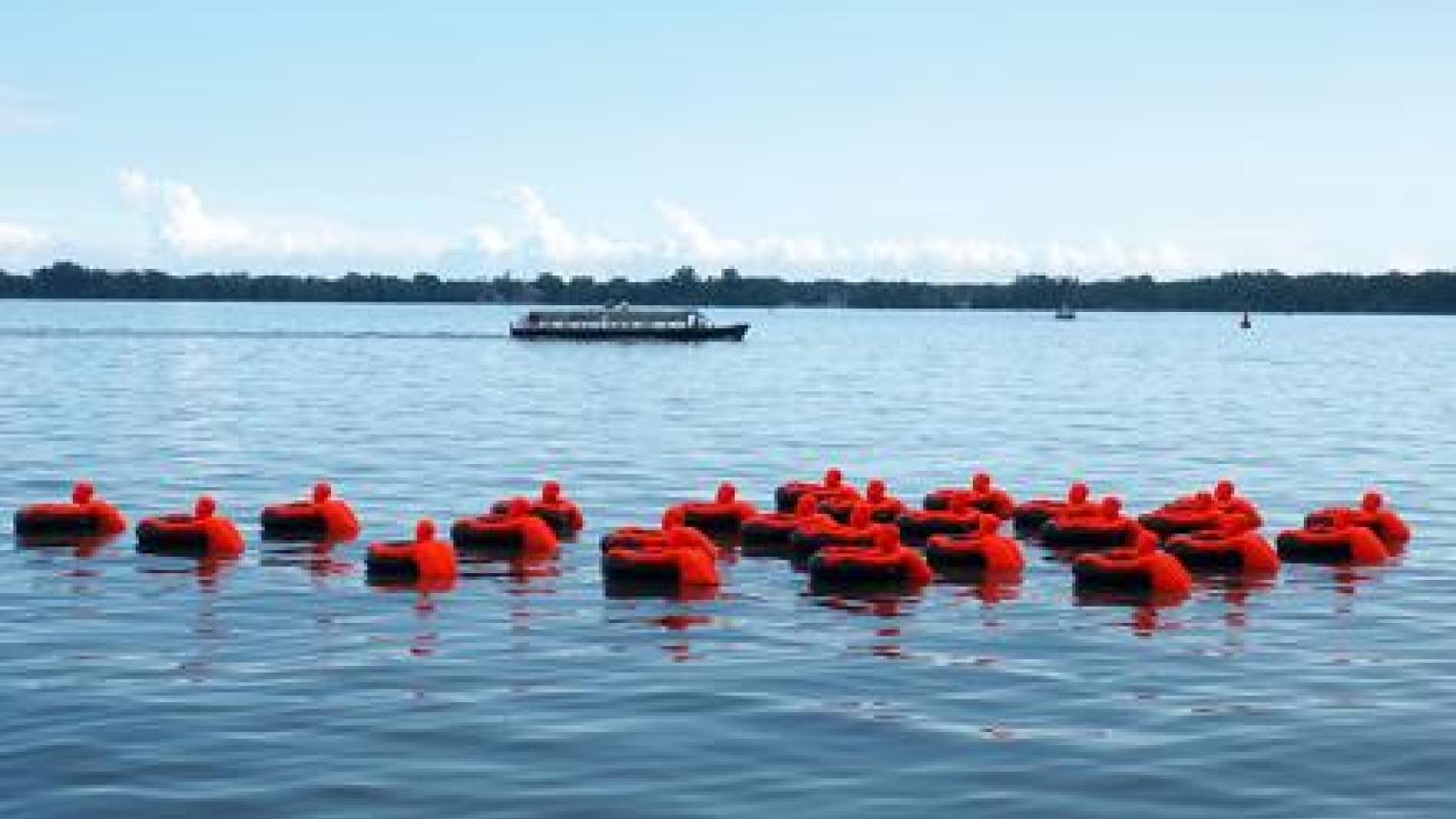RegNet PhD scholar writes on her experience as a Tamil Australian in 'We, Refugees'

RegNet PhD scholar Kirsty Anantharajah has written about her experience as a Tamil Australian in the new volume edited by RegNet visitor and former staff member, Emma Larking, We Refugees.
Borrowing its title from the 1943 essay by Hannah Arendt, this new collection of stories, essays and poetry explores refugees as our neighbours, ancestors and friends; not a tide or a crisis but a test of our imagination.
One contributor to the volume, RegNet’s own Kirsty Anantharajah, reflects on her experience and identity as a Tamil Australian in a time when the public narrative insists on refugee assimilation at all costs.
“The strange territory that separates me from the vilified members of my community who are expelled or imprisoned in camps run by Australia on Manus Island and Nauru are built on rather nebulous distinctions. Firstly, the temporal distinction that allowed my family to come legally and relatively smoothly to Australia in the 1980s. We came on a lucky tide. Secondly, I was born here, although this achievement has offered little to Priya’s daughters, currently spending what should be precious moments of their childhood in immigration detention. The last factor accounts for most of what sense of security is left to me: I have successfully assimilated. I barely speak Tamil, most of my friends are white, and my English is communicated with a strong Australian accent.
“Assimilation is Australia’s political soma, feeding us non-white Australians the myth of belonging. It is designed to make me forget that beyond being Australian I am also Tamil, and it is my community that my beloved country has chosen to persecute.
“So what if people of colour, and people who have the option of being “white,” do not accept the Australian conditions —what if we refuse to assimilate? We may lose a belonging predicated on the denial of our identities, and lose a power derived from the subjugation of others. It’s possible, though, that we might also gain more humane and less racist refugee and asylum seeker policies,” Kirsty writes.
Read Kirsty’s full essay and other poems and reflections in the new volume, We, Refugees which will be launched by Julian Burnside on Monday, 16 September. Copies of the book are available online.
Image: 25 figures clinging to inner tubes. Each represents more than one million refugees in the world. James Beheshti (Unsplash) under Unsplash Licence.